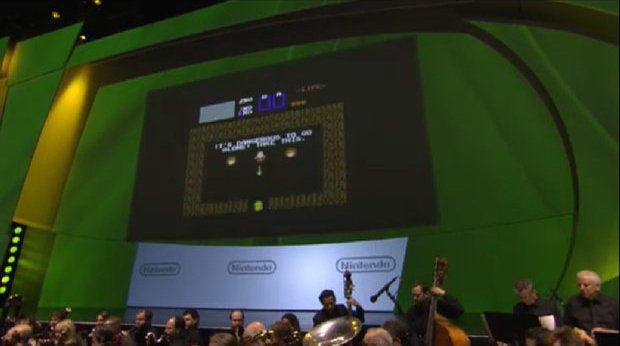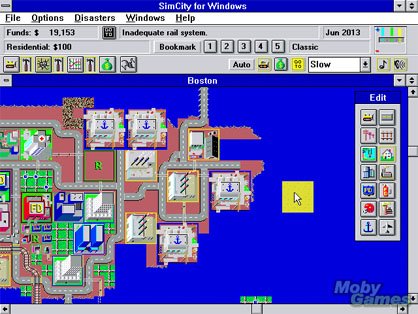The Citizen Kanes of videogames
Let the critics pine for a medium-changing masterpiece – we've got 25 games that already qualify
Pioneered: Open-world, item-heavy action-RPG, hack-and-slash gameplay.
Influenced: Metal Gear, The Guardian Legend, Secret of Mana, virtually every top-down console adventure or action-RPG.
Why it qualifies: Aside from being one of the most iconic fantasy adventures of all time, The Legend of Zelda was one of the earliest examples of a truly free-roaming game. You could wander just about anywhere on the map, anytime you liked, regardless of how far you’d gotten in the game. You could even charge into the game’s dungeons in any order, assuming you knew how to find them, and technically, you weren’t even required to enter the dungeons or advance in any way. So long as you had at least a wooden sword, you could wander the overworld at your leisure, killing monsters until you were bored.

Of course, the game was a lot more rewarding – and a lot bigger – for those who actually did follow its quest, collect the shards of the Triforce and eventually rescue Princess Zelda. But being able to take things at your own pace was key, and often led to the discovery of all kinds of cool secrets. Zelda’s Hyrule was one of the first fully realized, freely explorable game worlds, and while there are those who would say the game was influenced by earlier titles like Adventure and (shudder) E.T., that’s a little like saying crossword puzzles were influenced by connect-the-dots. Much like Kane himself, Zelda stands on its own.
SimCity
Released 1989
Pioneered: Resource management, city management, buildings that serve specific purposes, (most of the credit for) the “god game” genre in general.
Influenced: Sid Meier’s Civilization, ActRaiser, the entire “Sim” line, the Tycoon series, any real-time strategy game that requires you to build things.
Sign up to the GamesRadar+ Newsletter
Weekly digests, tales from the communities you love, and more
Why it qualifies: SimCity can’t necessarily claim full credit for inventing “god games,” as it came out the same year as Populous, in which you actually play as a god. But SimCity is notable for taking something that seems boring on its face – managing a city’s zoning, layout and day-to-day operations – and turning it not only into an entertaining game, but into one of the most addicting and replayable games ever conceived.

Above: Image courtesy ofMoby Games
This was also the beginning of creator Will Wright’s seemingly inexhaustible “Sim” series, which has since run the gamut from SimEarth and SimLife to SimAnt and The Sims. The series has also included several different versions of, and sequels to, SimCity itself, and while SimCity 2000 is arguably more versatile and memorable than the flat-looking original, this is where millions got their first taste of laying down roads and power lines, trying to control crime by laying down police stations on every block, deciding civic issues and building a working model of a city in their own image.



